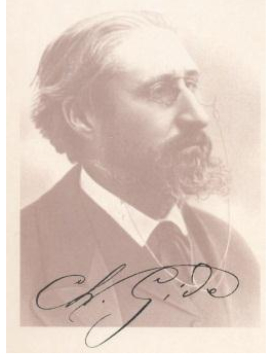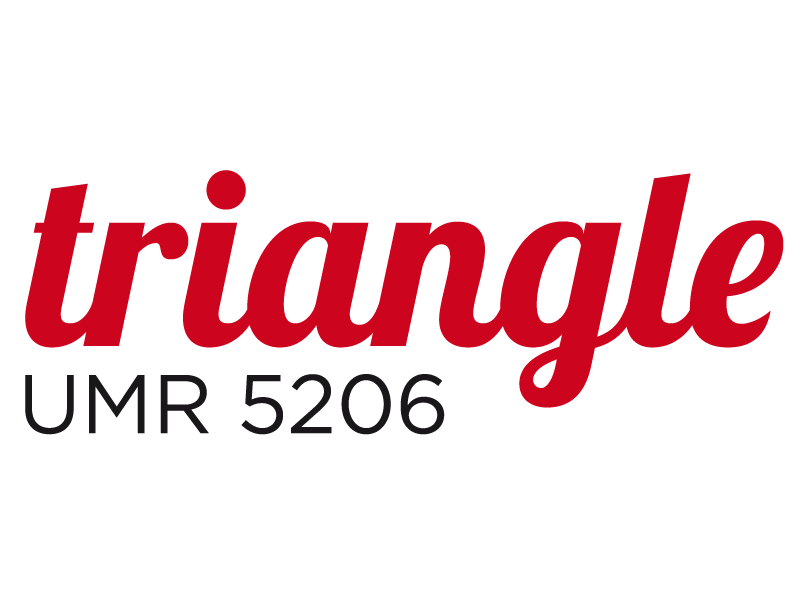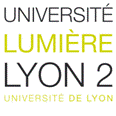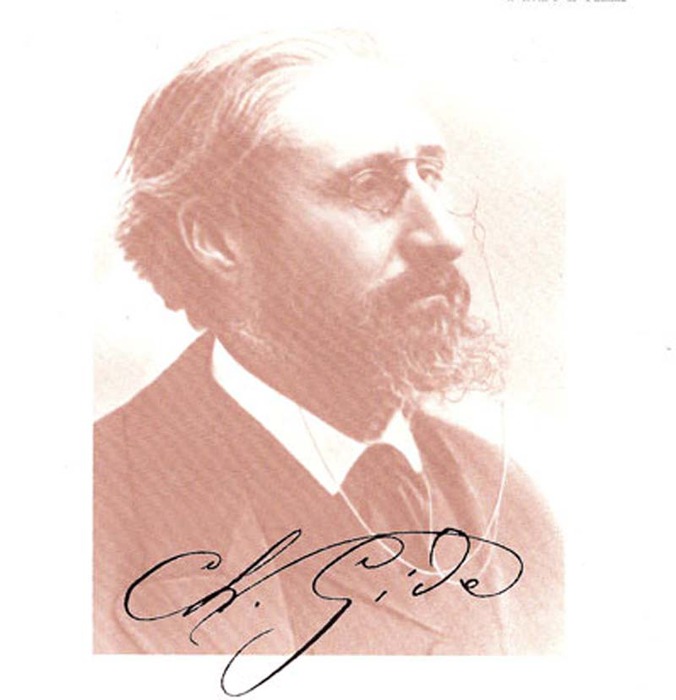XVth International Conference of
the Charles Gide Association for the Study of Economic Thought
2nd, 3rd and 4th June 2014 (Centre Jean Bosco, 14 rue Radisson, 69005 LYON )
" ECONOMISTS AND POWER "
|
Article of the 2nd plenary session, Marc Guillaume The paper of the second plenary session by Marc Guillaume is availaible here (in french). Reminder : the plenary conference will be held on Tuesday 3rd, 11.30am-12.30am, in the Amphithéâtre F. de Sales. Please be on time ! Registrations Registrations are closed. Presentation The XVth International Conference of the Charles Gide Association for the Study of Economic Thought (ACGEPE) will be held at Centre Jean Bosco, 14 rue Radisson, 69005 Lyon, from Monday 2nd to Wednesday 4th June 2014. This conference will be organized by TRIANGLE research unit (UMR No. 5206 of the CNRS). The XVth Charles Gide Conference will host sessions on a specific theme: "Economists and power." It also welcomes papers and sessions in all areas of the history of economic thought.
« Practical men, who believe themselves to be quite exempt from any intellectual influences, are usually the slaves of some defunct economist ». John Maynard Keynes, 1936.
The current financial and economic crisis questions both the nature of the knowledge produced by the economic science of today and the practices of economists - as experts, advisors, or even members of governments known as technocrats -, so it encourages the economists to increase the reflexivity of their influence and responsibility. This is precisely the relationship between the economists and political power through the course of history that we would like to see studied in these thematic sessions. Proposals for such communications may address the following three levels:
• Economic knowledge and power: What reflexivity of the economists? Alternately described as "the science of government", science of allocation of scarce means for alternative ends left to the discretion of the rulers, pure science, moral science, can economic science be (or must be) "neutral", to use the adjective chosen by Lionel Robbins in 1932? How can it be broken down into pure or self-knowledge and practical skills in the conduct of economic policies and social reforms? As economists, how are we to achieve the possible performativity of the statements of the economic theory? Besides the epistemological positions of each one, can we identify the historical periods of methodological or epistemological "crisis" echoing our current questions?
• The economists of power. This is addressed by the explicit role of economists from or within the political power. We shall first note the institutional functions of several economists as "advisors of the Prince" by François Quesnay and his disciples to the planners during the nineteenth and twentieth centuries or the contemporary experts in study organisations and economic committees. We shall then note the functions performed by some parliamentarians (for example, Ricardo to the House of Commons) or the functions of ministers endorsed by others (Turgot, Schumpeter, etc...). Finally, we shall note the role of the economists in various think tanks and lobby groups engaged in the service of political parties. Have these different functions developed the economic theory?
• The political power of economic ideas. Beyond any possible political commitments, what was the political use of the economic theories or knowledge? Can theory become a political instrument? Are the economists responsible for these uses? More broadly, with the idea of the performativity of economic science, political scientists and sociologists have renewed the question about the role of economists in action on reality or proposed nuanced analyses of modalities of the circulation of knowledge. The thematic sessions of the conference will be also devoted to the difficulty of public powers in considering economic expertise. The deadline for sending the final version of the papers is May 15th, 2014. A selection of papers will be published in a peer-reviewed journal in the history of economic thought. |








